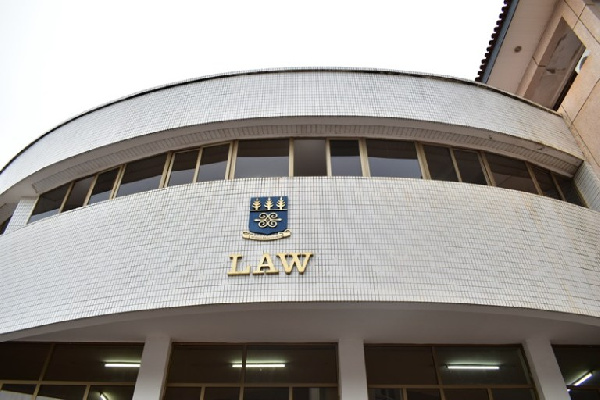Some students of the University of Ghana School of Law have expressed support for President John Mahama’s decision to consult the Council of State on petitions seeking the removal of Chief Justice Gertrude Sackey Torkonoo.
Their reactions follow a statement released by the Minister of Government Communications, Felix Kwakye Ofosu, confirming that President Mahama has referred three petitions from various individuals to the Council of State in accordance with the 1992 Constitution.
In an interview with Univers News, some student of the school of law expressed support for President Mahama’s decision to consult the Council of State on petitions for the removal of Chief Justice Gertrude Sackey Torkonoo, viewing it as a constitutional step that could impact the judiciary, while some call for greater transparency in the process..
“This wouldn’t be the first time a petition has been filed for her removal. The statement references Article 146 of the 1992 Constitution, which governs the removal of justices. Specifically, Article 146(6) requires the President to act in consultation with the Council of State when a petition concerns the Chief Justice,” one student explained.
Under Article 146(6) of the Constitution, the Presiden has the mandate to appoint a committee to investigate petitions for the removal of the Chief Justice, following consultation with the Council of State.
“The Constitution is the supreme law of the land, and it states that a justice of the Supreme Court shall not be removed except for stated misconduct, incompetence, or an inability to perform their duties. If President Mahama proceeds with this process, he would be following due process. However, to ensure transparency, it would be ideal for the petitions to be made public so that Ghanaians can assess whether they align with the public interest,” another student remarked.
“Whether the process results in the removal or retention of the Chief Justice, it will undoubtedly bring some significant changes to Ghana’s judicial system,” one student noted.
–
Story by: Eugenia Amedeka | univers.ug.edu.gh





